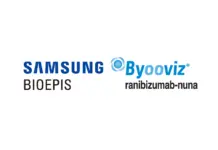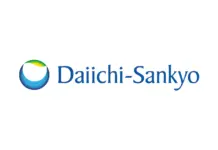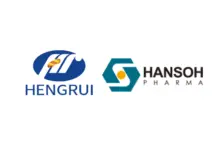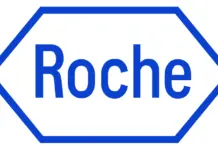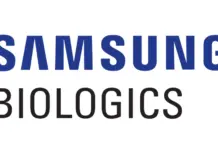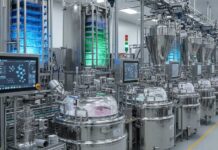There were at least 14 biopharma purchases totaling $50 million or more between April and June, which is at least twice as many as there were during the same period each of the previous four years. And if large-scale transactions like AbbVie’s 2019 acquisition of Allergan weren’t taken into account, the second quarter of this year would have seen more money spent on buyouts than the first four combined, at about $23.4 billion.
Nearly half of that value came from Pfizer’s $11.6 billion acquisition of Biohaven Pharmaceuticals, a firm with a specialty in neuroscience and maker of the migraine drug Nurtec ODT. However, three further acquisitions totaling more than $1 billion included far larger, multinational corporations like Bristol-Myers Squibb and GlaxoSmithKline acquiring much smaller producers of cancer treatments and vaccines.
This improvement follows a period of rather inactive dealmaking. The financial services company Ernst & Young reported that 2021 was one of the least productive years for biopharma M&A over the previous ten years in research published in January. According to EY, the total deal value for the previous year was $108 billion, which was less than half the $261 billion seen during 2019 and less than the $128 billion seen in 2020.
The volume and value of recent activity may not have surprised some industry insiders. The investment bank SVB Securities’ experts predicted in a report from last year that the pace of biopharma dealmaking would either be steady or pick up in 2022.
Such predictions have depended on a number of variables, one of which is the sum of funds many prospective buyers are holding in reserve. Pfizer concluded the first quarter with $21.4 billion in short-term investments and $2.5 billion in cash and cash equivalents, in part because of its success with the coronavirus vaccine. Meanwhile, Novartis, a massive Swiss pharmaceutical company, just sold off shares in Roche, a competitor company across town, for billions of euros.
By the end of March, Merck, the manufacturer of the popular cancer treatment Keytruda and the COVID-19 tablet Lagevrio, had almost $8.6 billion in cash and cash equivalents. The Wall Street Journal stated last month and again on July 14th that Merck may be interested in putting that money to use as well by purchasing Seagen, a cancer medication manufacturer with headquarters in Seattle that is presently valued at more than $32 billion.
While the share price of Seagen has increased since the purchase discussions became public, the valuations of many newer, smaller drug businesses have fallen due to a general decline in the biotech stock market. Numerous biotech companies are either reorganising or cutting programmes in order to save money amid worries that financing may become more difficult to secure. Accounting company PwC reported in a June study that more than 60 companies had declared layoffs this year, with some completely suspending operations.
With venture finance numbers on the decline and scant demand for IPOs, the environment for private biotechs is becoming even more challenging. However, greater M & A could be a result of cheaper values, according to deal specialists. Partners at PwC stated in the research that with funding becoming tougher to come by for most biotechs, pharma is in an excellent position to purchase most of these companies at a markdown from their highs of only a couple years ago.
In 2019 and 2020, biopharma buyers frequently paid at least twice as much as the businesses’ market value. Although some agreements this year have premiums that have remained in the triple digits, others, such as the Pfizer-Biohaven deal or GSK’s purchase of Sierra Oncology, have premiums that ranged from roughly 40% to 80%. Biotech companies have occasionally sold themselves for prices that are at or very close to record lows, as with the acquisitions of Radius Health and Epizyme.
These transactions imply that more businesses are willing to investigate alternate types of financing as capital is becoming more difficult to obtain, even as biotech executives have been unwilling to accept lower valuations, the PwC partners noted.
The biotech sector could benefit if the recent deal-making rush continues. Increased M&A activity could restore investor confidence because it is one of the primary ways that investors assess the sector’s health and their capacity to generate profits.
The PwC partners anticipate that dealmaking will continue in the future. Large pharmaceutical corporations, in their opinion, will seek acquisitions in order to, among other things, bring in new medications that can help offset anticipated losses in the event that some of their core products lose their patent rights over the next few years.
The partners noted that all the pieces are in place for there to be a frenzy of deal activity across all segments of the sector.








